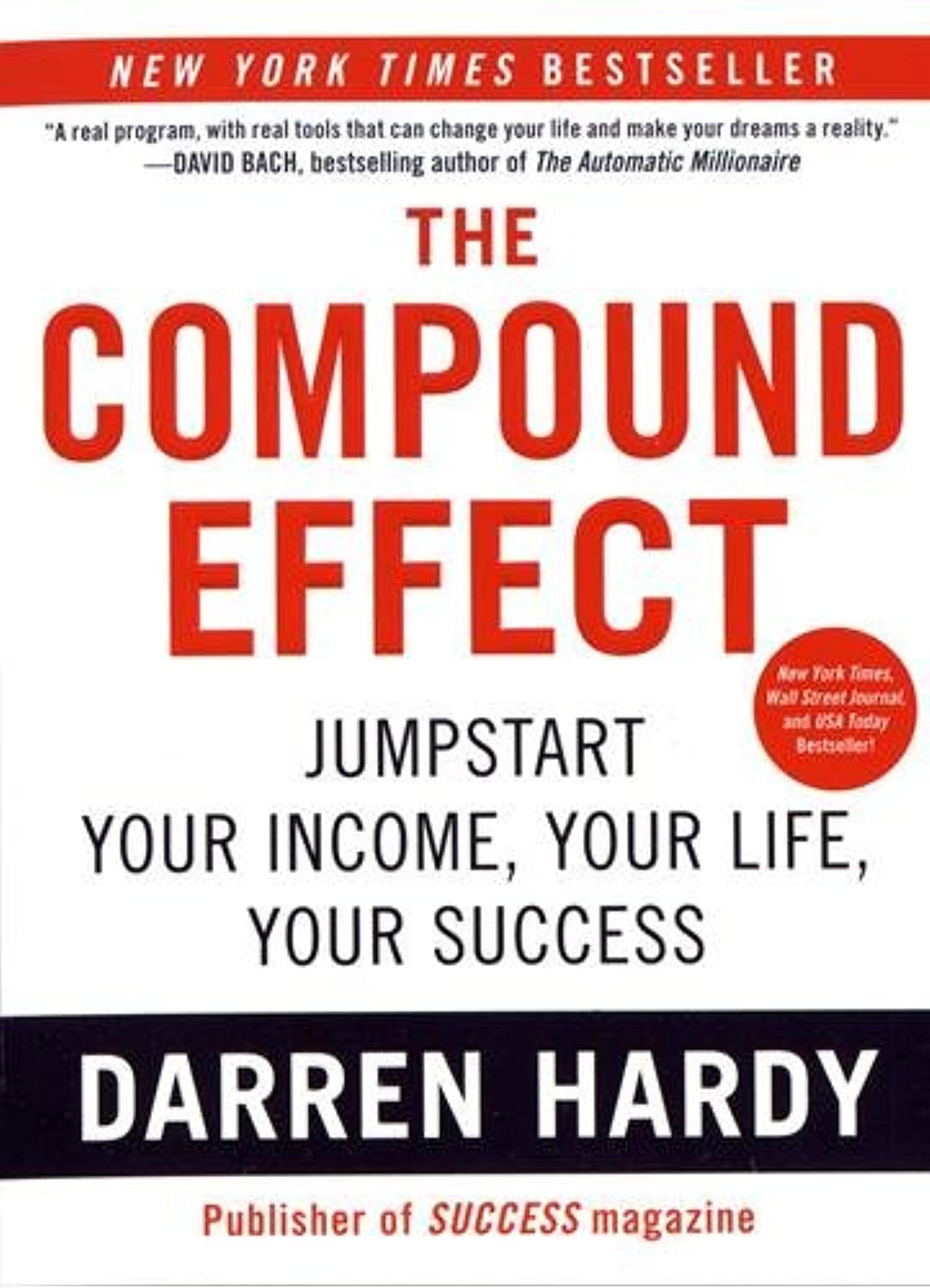We all have dreams. Goals we whisper to ourselves. Things we wish we were doing. For years, “getting in shape” was one of mine. I’d start strong in January, fueled by resolutions, only to fizzle out by February, overwhelmed and defeated. Sound familiar?
What you’ll find inside:
I was stuck in a cycle of grand gestures and fleeting motivation. Then, I decided to take another route – my personal lazy way of doing things.
And it started with one push-up. Seriously. Just one.
I was so disillusioned with failed attempts at intense workout regimes that I decided to strip it back. My goal? Do one push-up every single day for a year. No excuses. Even on travel days, I’d drop to the floor in my hotel room and knock it out. It felt ridiculously easy. Almost…insulting.
But that was the point. It wasn’t about the one push-up itself. It was about establishing a system.
Fast forward 365 days. I wasn’t a bodybuilder, but I was stronger. More importantly, I had a consistent habit. And then, something incredible happened. I realized I could easily do 10. Then 20. I built on that momentum. By the end of the year, I was comfortably doing 100 push-ups.
One push-up. 100 push-ups. The difference wasn’t magic. It was the Compound Effect also described Darren Hardy’s book.
The Power of Small Choices: Unpacking The Compound Effect
“The Compound Effect” isn’t a self-help fad. It’s a brutally honest look at how our choices, seemingly insignificant on their own, accumulate over time to create enormous results – good or bad.
Darren Hardy illustrates this brilliantly with a simple analogy: imagine two people starting on the same path. One person improves by just 1% each day. The other stays the same. After a year, the person improving by 1% isn’t just slightly ahead, they’re 37 times further along!
That’s the power of compounding. It’s not about dramatic leaps; it’s about consistently making small, smart choices. It’s about understanding that:
Small Choices + Consistency + Time = Radical Results.
Hardy emphasizes that the magic isn’t in setting huge goals. In fact, focusing solely on outcomes can often hinder progress. Instead, he argues that you need to focus on your systems – the daily habits and routines that dictate your behaviour.
Think of it like planting a seed. You don’t yell at the seed to grow faster, do you? You provide the right conditions: consistent watering, sunlight, and fertile soil. Your habits are the soil. Your systems are the consistent watering and sunlight. The results (your goals) will blossom naturally.
The Compound Effect is about shifting your focus from goals to systems. Read also goals are for losers and how to think in systems.
Habits & Systems: The Fuel for the Compound Effect
So, how do we build these powerful systems? The answer lies in habits.
Habits are the automatic behaviours we perform with little or no conscious thought. They conserve mental energy, allowing us to focus on more complex tasks.
But not all habits are created equal. Bad habits, like excessive scrolling or unhealthy eating, create a negative compound effect, slowly eroding our well-being. I also recommend the book Outlive by Peter Attia in this context.
Good habits, however, are the engine of the Compound Effect. They build momentum, creating a positive feedback loop that reinforces success.
Here’s how habits and systems work together:
- Habits: The individual actions you take (e.g., doing 1 push-up, reading 10 pages, meditating for 5 minutes).
- Systems: The routines and structures that make those habits automatic and consistent (e.g., doing your push-up immediately after brushing your teeth, reading before bed, scheduling your meditation into your calendar).
By designing effective systems, you remove friction and make good habits inevitable. This is crucial for sustained progress. You’re not relying on willpower, which is a finite resource. You’re leveraging the power of automaticity.
Two Habits to Supercharge Your Compound Effect
Ready to put the Compound Effect into action? Here are two habits you can start implementing today:
1. The “5-Minute Tidy”
- Action: Every evening (or morning), spend just 5 minutes tidying up one area of your home or workspace. Set a timer and focus solely on that task.
- Why it works: This habit addresses the “small choices” aspect perfectly. 5 minutes feels manageable, even on your busiest days. Over time, these small bursts of cleaning prevent clutter from accumulating, creating a more organized and productive environment. The benefits compound exponentially, reducing stress, improving focus, and saving you hours of cleaning later on. It’s a small action with a huge impact. Plus, a tidy space leads to a tidy mind!
2. “The One Thing” Daily Focus
- Action: Each day, identify one thing you can do that will move you closer to your most important goal. It could be writing 500 words on a book, learning a new skill for 30 minutes, or making one important phone call. Prioritize this task and complete it before anything else. Schedule for it! (see also deep work)
- Why it works: We often get bogged down in busywork, mistaking activity for progress. “The One Thing” forces you to focus on the most impactful task, leveraging the Pareto Principle (80/20 rule). By consistently tackling the most important thing, you create significant momentum. Even small, consistent effort compounds over time, leading to remarkable results. This habit isn’t about doing more; it’s about doing the right things.
Start Small, Dream Big.
The Compound Effect isn’t about overnight success. It’s about embracing the power of consistency and making small, deliberate choices that align with your long-term goals.
Don’t get discouraged if you don’t see immediate results. The magic happens over time.
Remember my one push-up? It wasn’t about that push-up. It was about creating a system, building a habit, and harnessing the incredible power of the Compound Effect.
So, what small choice will you make today to start building the life you want?
